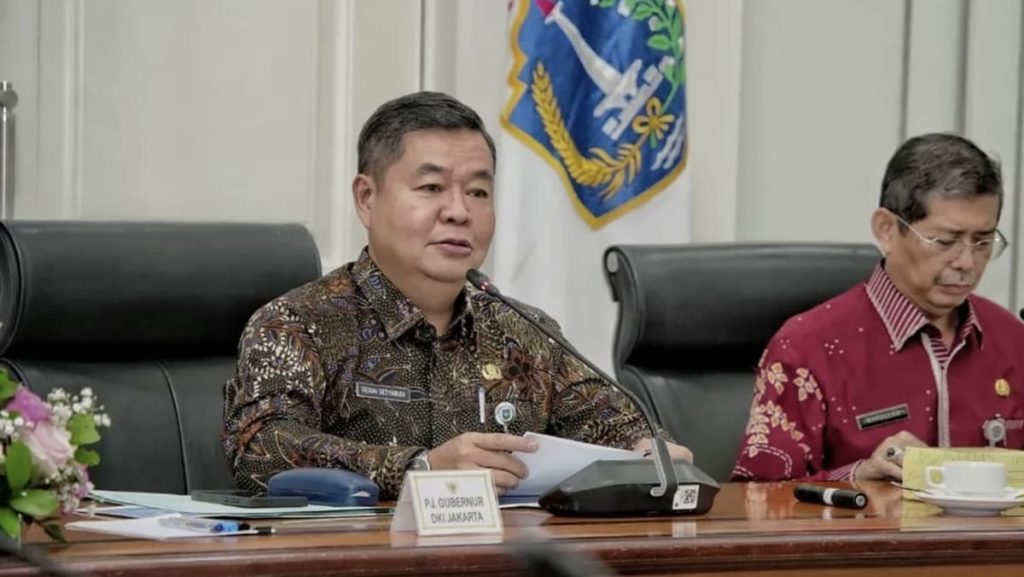The Jakarta provincial government has enacted new regulations concerning polygamy among male civil servants, aiming to establish stricter criteria for the practice. Aimed at protecting the rights of wives and children, these regulations were spurred by concerns about the potential disruption to families and official duties that polygamous arrangements might cause. The rules also address the rising divorce rate among Jakarta civil servants, which reached 116 cases in 2024, prompting a desire to curb the practice and strengthen family units within the civil service.
The revised regulations represent a significant shift in how polygamy is addressed within the Jakarta civil service. Previously, while permitted under Indonesian law, the process for male civil servants to take additional wives was arguably less stringent. The new stipulations emphasize responsibility and the well-being of all involved parties. The stipulations include requirements such as proving a childless marriage of at least ten years, providing medical documentation of the first wife’s incurable disease or physical disability, obtaining written consent from the first wife, and demonstrating through court approval the financial capacity to support multiple families. These conditions are designed to ensure that the decision is not taken lightly and that the civil servant is prepared to fulfill the responsibilities that come with having multiple wives and families.
The regulations also incorporate crucial considerations beyond the immediate family unit. A prospective polygamous marriage will not be authorized if it contradicts the civil servant’s religious teachings or if it is deemed likely to interfere with his official duties. This underscores the provincial government’s recognition of the potential impact polygamy could have on both the personal and professional lives of civil servants. By addressing these factors, the regulations aim to prevent situations where polygamy leads to conflict, decreased productivity, or compromised public service.
Importantly, the regulations incorporate accountability mechanisms. Civil servants who violate the regulations will face disciplinary action, emphasizing the seriousness with which the government views these stipulations. This aspect is crucial in ensuring compliance and deterring civil servants from circumventing the rules. The inclusion of disciplinary measures signifies a commitment to enforcing the new standards and upholding the principles of responsible family life within the civil service.
The introduction of these stricter regulations has generated both support and criticism. Supporters argue that the regulations provide necessary safeguards for women and children in polygamous families, ensuring their financial security and emotional well-being. They also highlight the importance of holding civil servants accountable for their personal lives and ensuring that these arrangements do not negatively impact their professional responsibilities. Conversely, critics argue the regulations implicitly legitimize and potentially promote polygamy, a practice they view as inherently discriminatory against women. They raise concerns that even with stricter conditions, the practice can still lead to exploitation and inequality within families.
The backdrop to these new regulations is Indonesia’s existing legal framework surrounding polygamy. The 1974 Marriage Law permits polygamy under certain conditions, and subsequent provisions in 1983 specifically addressed the practice within the civil service. While male civil servants were allowed to have multiple wives, female civil servants were prohibited from becoming second, third, or fourth wives. These regulations highlight the gendered nature of polygamy and the power imbalance it often creates. The new regulations in Jakarta seek to address some of these concerns by imposing stricter conditions on male civil servants, but the broader debate about the ethics and implications of polygamy continues.

